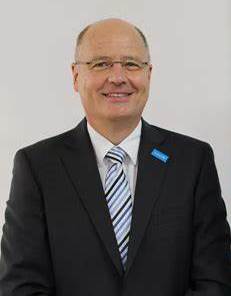As the Sierra Leone Government battles the third Mpox outbreak in the country, UNICEF is stepping up with comprehensive action to safeguard communities and support the acceleration of the national response. In close partnership with the Government, the Ministry of Health, the National Public Health Agency, and global partners, UNICEF is driving critical interventions to curb the spread of Mpox.
Sierra Leone is facing its third Mpox outbreak, officially declared on 13 January 2025 after the first case was confirmed on 10 January. As of 17 June, there have been over 4000 confirmed cases and 25 deaths, with most patients recovering. The outbreak mainly affects people aged 20–39, especially women aged 20–29, and is concentrated in the Western district.
“This Mpox outbreak is a stark reminder of how quickly lives can be disrupted, especially for the most vulnerable — children and families,” said Rudolf Schwenk, UNICEF Representative in Sierra Leone. “UNICEF is working with the Government and partners to deliver urgent support — from vaccines and safe water to trusted information and psychosocial support — so that communities can stay safe, informed, and resilient.”
With over $600,000 already invested, UNICEF is driving Mpox prevention and control efforts across Sierra Leone through risk communication, WASH improvements, education, child protection, and vaccination initiatives.
“UNICEF remains committed to supporting Sierra Leone’s efforts to bring the Mpox outbreak under control. With strong coordination and sustained investment, we can protect the most vulnerable and prevent further spread,” said Gilles Fagninou, Regional Director, UNICEF West and Central Africa. “Now is the time for collective action and solidarity to ensure families and communities are protected.”
In the coming weeks, UNICEF will support the rollout of an additional 75,000 vaccine doses and enhance cross-border collaboration with Liberia to share best practices. The response is coordinated through a robust Incident Management Team (IMT), bringing together UNICEF, WHO, Africa CDC, and other partners in a united, multisectoral effort to contain the outbreak.
Additional resources from partners, UNICEF’s core funding, and the Pandemic Fund — a global mechanism that supports outbreak preparedness — are helping sustain the response. However, critical gaps remain in vaccine supply, surveillance, case management, and community engagement. Urgent and increased support is needed to fully meet demand, stop transmission, and bring the outbreak under control.


